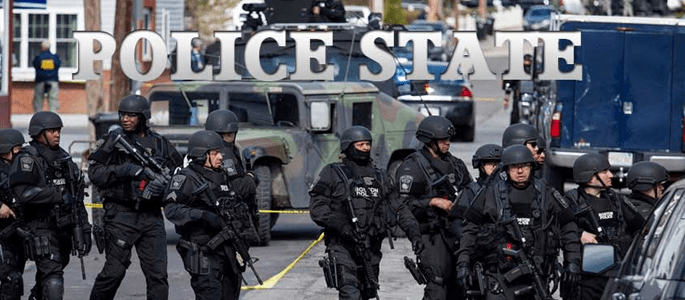I teach my organizational behavior students that, in their relationships, there is a difference between power and authority. Power is the ability to influence behavior, while authority is the right to influence behavior.
Authority is derived from some level of mutual agreement within the relationship. In America we give police departments the authority to pull us over if we appear to be speeding. We grant that lifeguards on the beach, and cops on the highways enforcing the rules that we’ve established redounds to the general benefit of society. Social scientists call the extent to which we accept authority as legitimate as the “zone of indifference.” When a cop, a lifeguard, or even our fast food managers go beyond what we perceive as their authority, we seem to know it intuitively. We all have a highly tuned sense of our personal zone of indifference.
Unlike authority, power does not depend on a relationship. The lunchroom bully can influence behavior, but there is no consent given or implied when he takes the weaker kid’s lunch money. Power is as power does. The bully has the ability to take the lunch money based on his strength, so he takes it.
Now we have a class of citizens, police, who have abused their authority and have only power left. One cop murdering an unarmed kid and getting away with it doesn’t simply diminish his own authority. That injustice drains authority out of the entire system. And once gone – authority does not come back. Once the mutual agreement that we’ve entered into in order to establish lines of civil authority has been broken, power is the tool remaining in the state’s tool box. We call that a police state.
We are now a country that have allows one class of citizens to wield the ultimate power of life and death over another. Our lofty aspirations as a country embodied in the trite, old-fashioned sayings of the Declaration of Independence have collided once again with our base racist nature. And once again, our base nature has won the day.
